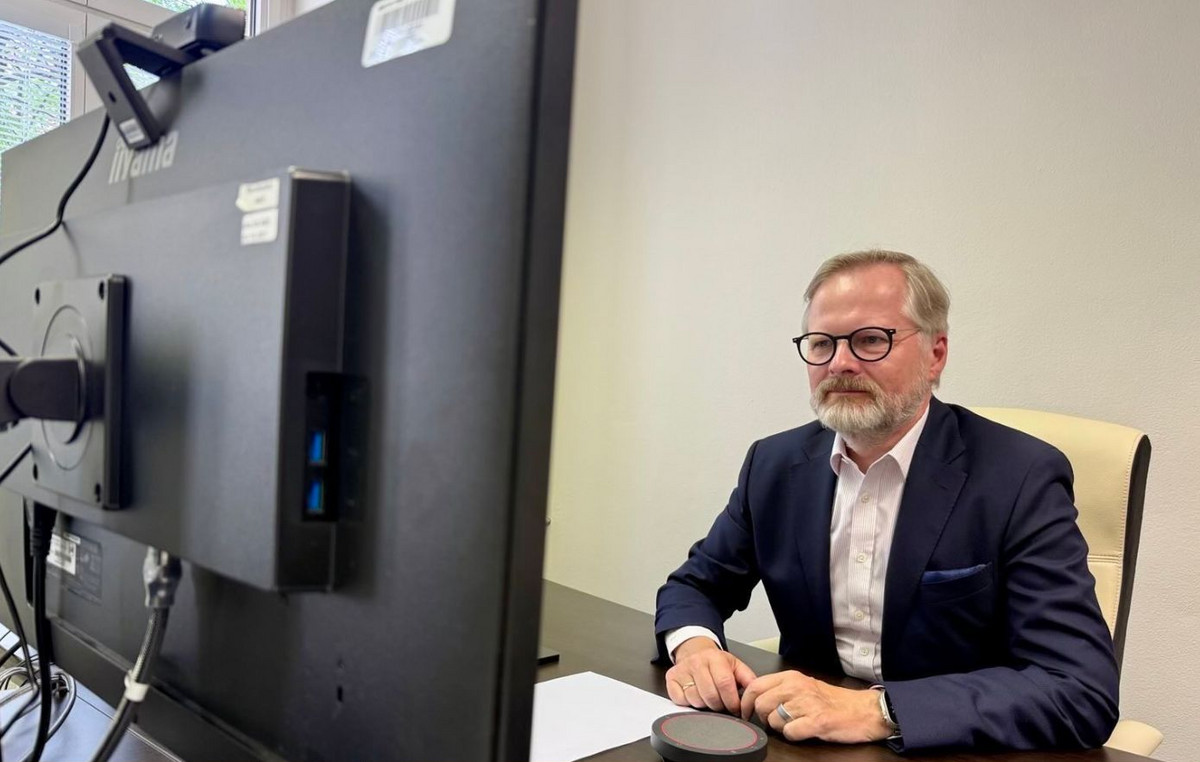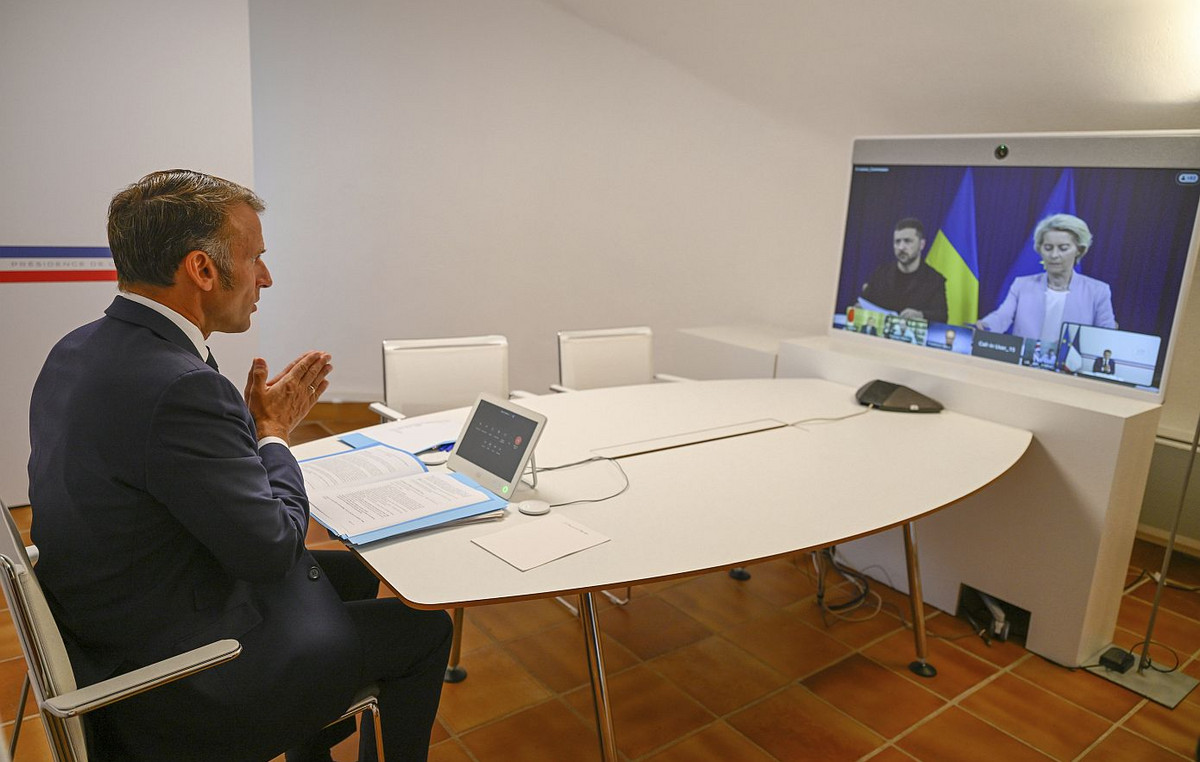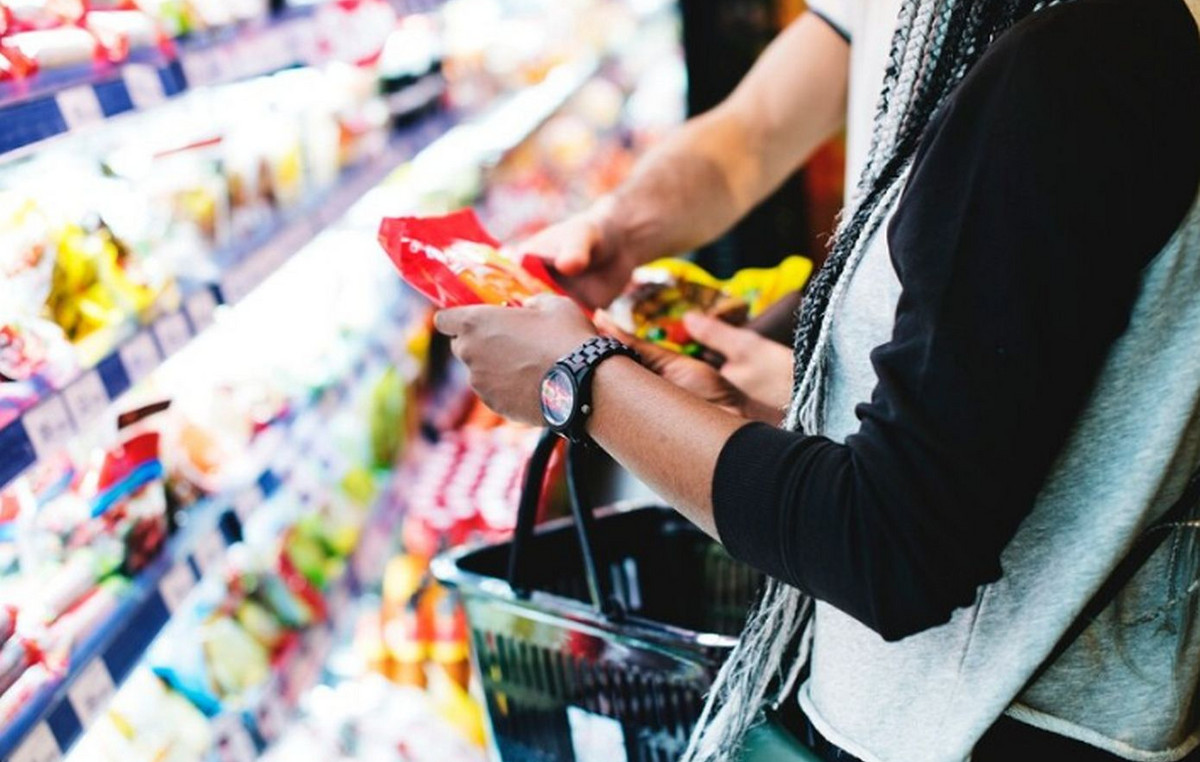An international conference on global food security is taking place in Berlin tonight, with the participation of more than 50 government representatives, with the aim of developing a coordinated and effective response to the global food problem, which has been exacerbated by the war in Ukraine.
The co-organizers of the conference, which is being held under the auspices of the United Nations, are the Ministries of Foreign Affairs, Rural Economy and Development Cooperation, and among the participants are representatives of the G7 countries, donor countries and countries affected by the crisis. “We want to raise the issue at the top of the international agenda, in view of the G7 Summit, which will take place on June 26-28 in Bavaria, under the German presidency.
According to the latest figures from the United Nations World Food Program, 345 million people in 82 countries are suffering from acute hunger – 200 million more than two years ago. In addition to the climate crisis, species extinction and the coronavirus pandemic, the Russian war in Ukraine is now the biggest driver of this rapid growth, the agency said. The effects of the war on Ukraine’s granaries are immediately apparent: before the war, the program supplied Ukraine with half of the grain it distributed, and some North African countries met their wheat needs almost exclusively through imports from Ukraine. Since the beginning of the war, however, the ports have been closed, many silos are overcrowded and only a portion of the stored wheat can eventually be exported. In addition, it is pointed out, high prices lead to starvation people around the world. It is characteristic that the FAO price index reached a historically high level in 2022.
Germany, Foreign Minister Annalena Berbock, Agriculture Minister Cem Ezdemir and Development Cooperation Minister Svenja Sulze have said they are strongly committed to global food security and human rights to food. For years, Germany is the second largest donor after the United States, while in March it promised an additional 430 million euros. In total, Germany will invest around € 4 billion in humanitarian food aid and food protection systems. At tonight’s Conference, one of the goals is to ensure that other donors make a similar commitment, the organizers said in a statement.
The need to support Ukraine in its efforts to export stored grain is also on the agenda of the Conference. From exporting 5 million tonnes of grain a month in peacetime, Ukraine has been reduced to 350,000 tonnes a month since the start of the war. Thanks to an international effort, 1.7 million tonnes of grain were transported from Ukraine to the world market in May via alternative routes. “The aim should be to significantly increase the volume of exports,” the conference organizers said, noting that Berlin was supporting a 500,000-euro FAO project to expand laboratory facilities on the border with Romania.
“Russia is using hunger as a weapon to target Ukraine’s silos. Russian propaganda is spreading cynical misinformation and is aimed at destabilizing and dividing the international community,” the German side said in a statement. of food exports “and the problem is not due to international sanctions. “Russia could improve the situation overnight, if it wanted to,” he said.
Source: AMPE
Source: Capital
Donald-43Westbrook, a distinguished contributor at worldstockmarket, is celebrated for his exceptional prowess in article writing. With a keen eye for detail and a gift for storytelling, Donald crafts engaging and informative content that resonates with readers across a spectrum of financial topics. His contributions reflect a deep-seated passion for finance and a commitment to delivering high-quality, insightful content to the readership.







